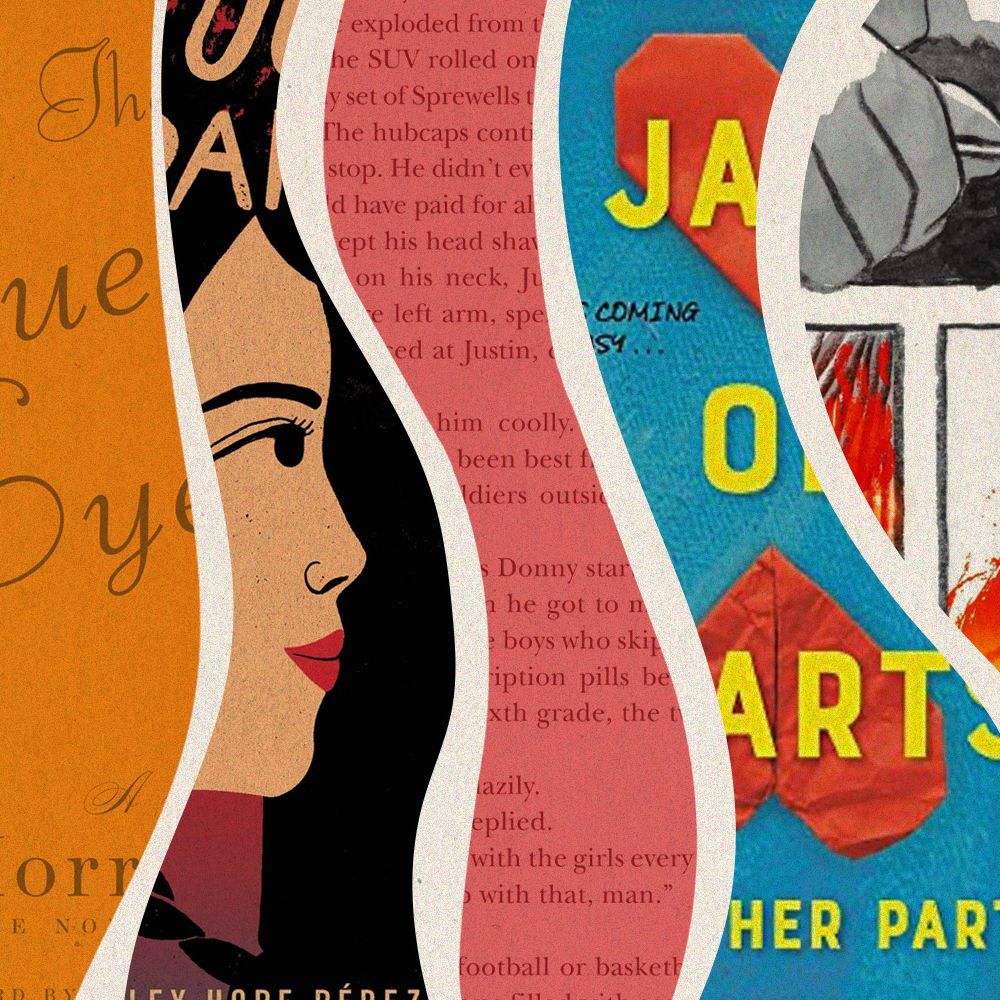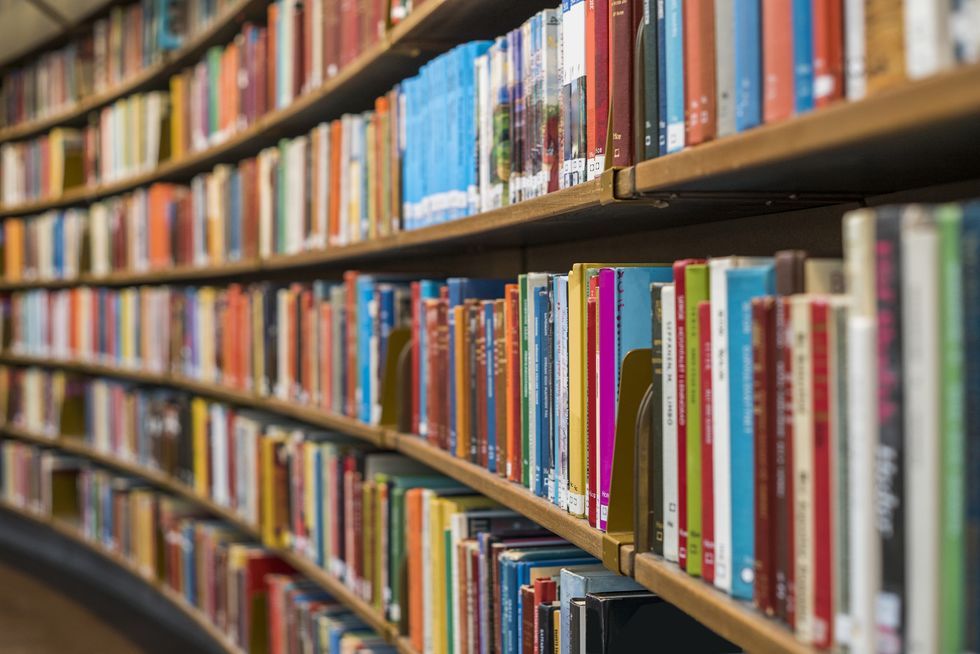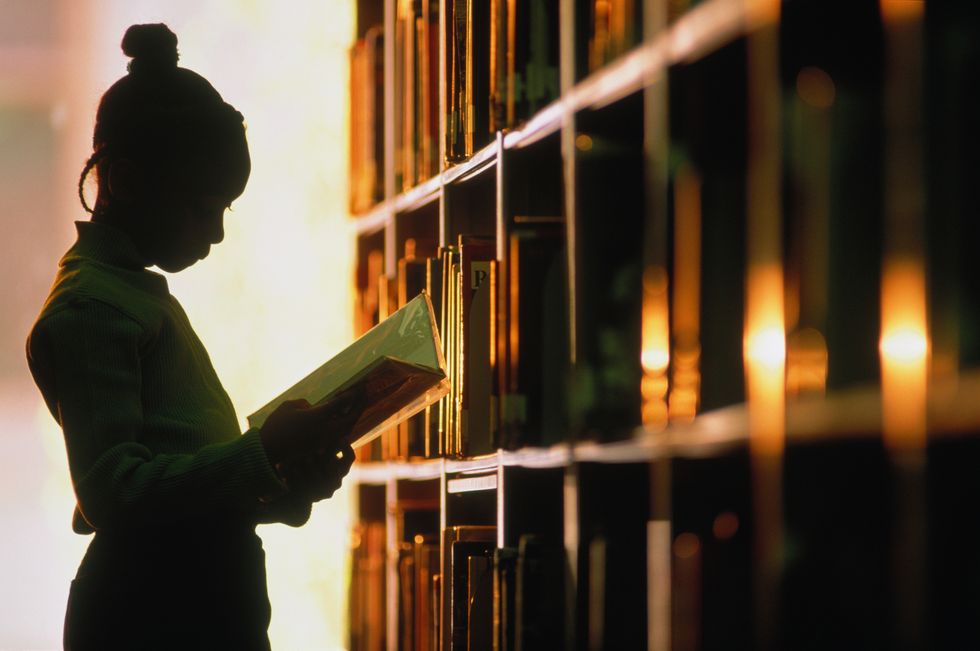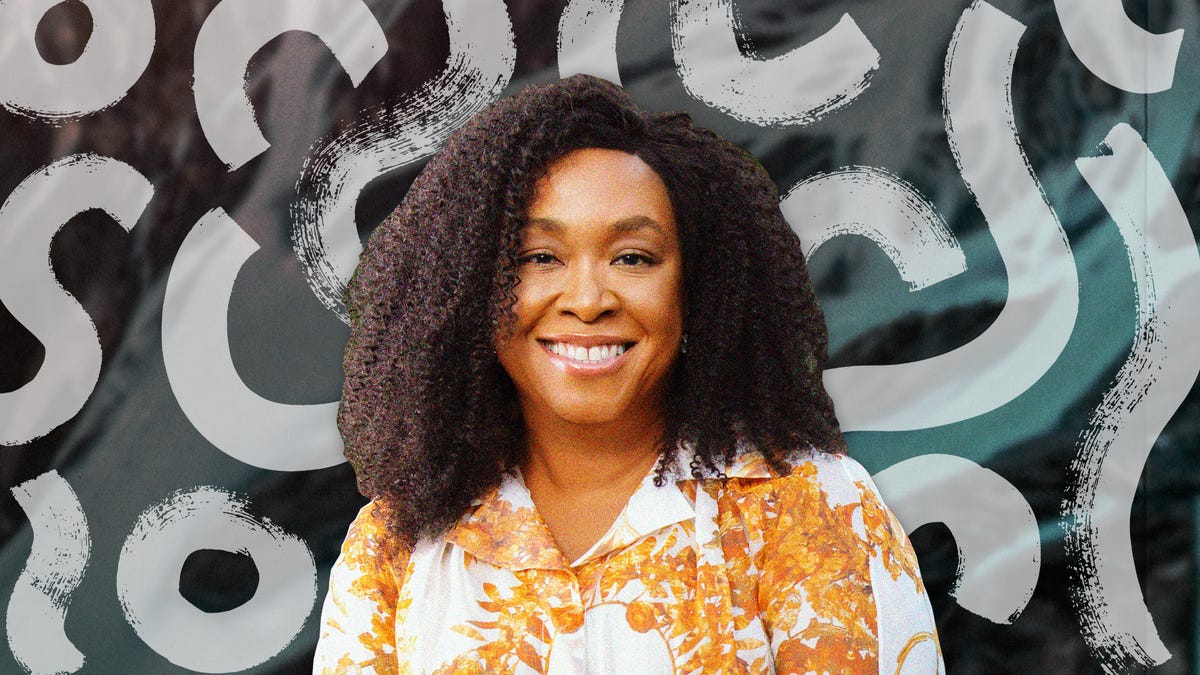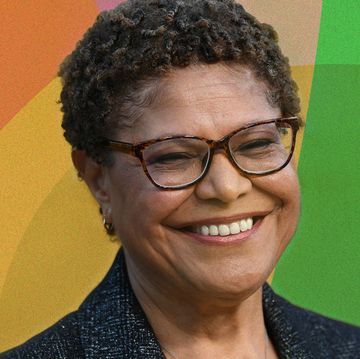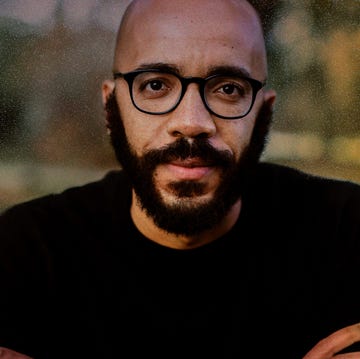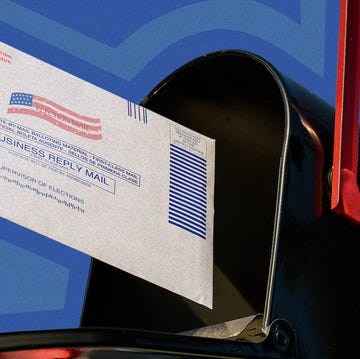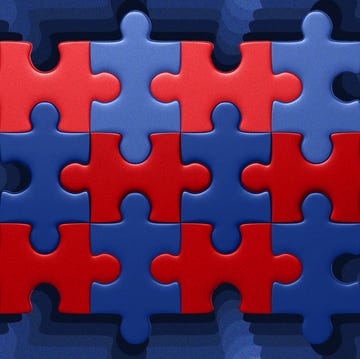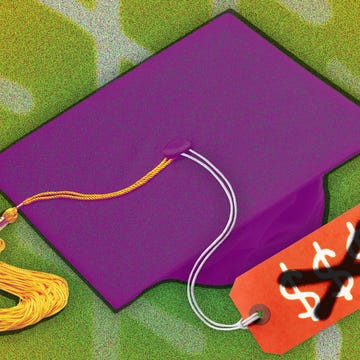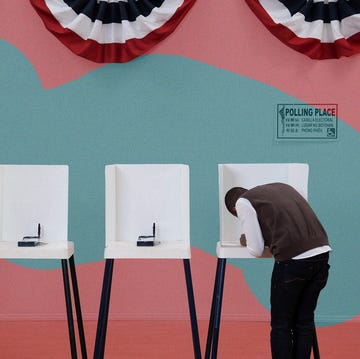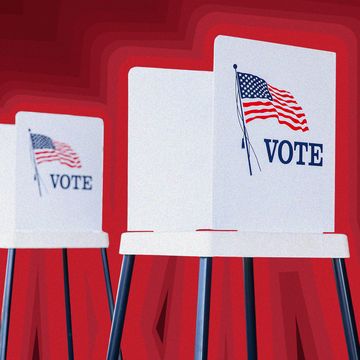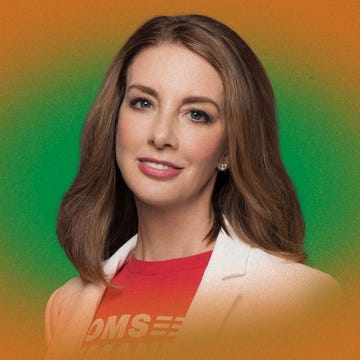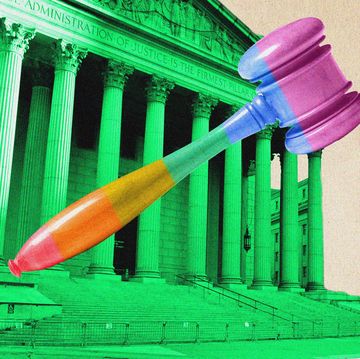Books challenge us to think, reflect, and dare to dream. In this month’s Shondaland series, The Power of Books, we’re delving into the stories behind the story.
When the writer Paul Auster said, “One should never underestimate the power of books,” he likely did not mean their power to tear a community apart. Yet that’s what’s happening in Keller, Texas, a suburb of the Dallas-Fort Worth area. Since late 2021, when parents were notified that some books in classrooms and libraries would be up for greater scrutiny, followed by a controversial school board election that led to 41 books being forbidden in the schools, parents of the nearly 35,000 students in the Keller school district have been waging a battle that has sometimes gotten ugly.
Employees of the school district have received threats. Parents have had their children sneak pics of teachers’ bookshelves; some have created Facebook groups that investigate what books teachers have in their classrooms and what teachers do in their personal time. Some of the groups have people working as moles and spies for the opposing side.
School board meetings have turned into spectacles, with people carrying signs, calling names, and asking for a police presence to feel safe. “There’s screaming, pastors reading scripture and praying for repentance,” Laney Hawes, a parent whose child is in the Keller district and has been vocal in her opposition to the book bans, tells Shondaland. “It was a real s--t show.”
While the uproar Keller’s book bans caused in the community at large might make this case one of the more extreme cases in the country — everything’s bigger in Texas, they say — bans on books in school libraries are becoming increasingly common. Axios reports that in 2019, the American Library Association’s Office for Intellectual Freedom tracked 377 challenges to materials and services (which might include pamphlets and other literature) and the targeting of 566 books; data for 2021 isn’t ready yet, but it counted 330 challenges from September through November 2021 alone. And government leaders aren’t just targeting kids for book bans; in August, a judge in Virginia Beach, Virginia, dismissed a lawsuit from a Republican official that attempted to have some books banned from Barnes & Noble.
Across the nation, educators, scholars, librarians, and historians who’ve studied the impact book bans have had on societies in the past are becoming more and more alarmed (and vocal about) these measures and how harmful they can be. Freedom of speech is the first fundamental right enshrined in the U.S. Constitution; since 1948, the United Nations has deemed a person’s ability to seek information and ideas a fundamental human right. That’s why attempts to ban books, particularly in schools where the primary goal is to educate young people about the world around them, are so shocking and a little scary — not least to parents watching legislators pluck books vaguely labeled as “offensive” off shelves.
“The story here is so much more complex than the books,” Hawes says. Particularly since a number of the books being banned feature LGBTQ themes, are written by women, or explore ideas around race or racial identity, she believes the bans effectively silence people who aren’t white, Christian, and heterosexual. In a school district that’s almost half people of color, and 20 percent with family income that qualifies them for free or reduced-price lunch, restricting what students can read means a lot of students potentially being further marginalized. “It does so much harm and damage to the most vulnerable,” Hawes says. “The plan is clear as day: to overturn any progressive ideas.”
In April, the Texas Education Agency released new standards for how schools should remove content considered obscene from public school libraries, working off a mandate from Governor Greg Abbott about five months prior, according to The Texas Tribune. Abbott, a Trump-endorsed Republican who has backed strict abortion laws, restrictions on expanded voting access, and crackdowns on how race is discussed in classrooms, has cited LGBTQ memoirs that include frank descriptions of sex as examples of the type of material inappropriate for students. In August, just ahead of the first day of school, Executive Director of Curriculum and Instruction Jennifer Price had principals and librarians remove 41 books from the Keller district’s 41 schools while they undergo a review.
Among the books removed: Toni Morrison’s award-winning novel The Bluest Eye and a graphic-novel adaptation of Anne Frank’s The Diary of a Young Girl. While both have been allowed back into circulation for now, after a challenge to the initial ruling, Hawes and other parents believe the heavy oversight over books serves a bigger ambition. The area is changing, and pretty quickly: President Joe Biden beat Donald Trump in the Dallas-Fort Worth area, where Keller schools are located, by less than 2,000 votes. And a growing bloc of non-white residents is gaining so much political power, there have been Republican efforts to redraw district lines to split up voters of color. Hawes believes that the book bans are part of a wider strategy on the part of an old guard to “protect” the area and “preserve” an identity from dying out.
“They’re saying [books about race and racial identity] are trying to make children guilty for being white,” she says. “That’s not true. I have four white children; my kids don’t come home feeling guilty for being white.” Her teenage son has told her he hears the N-word at school frequently. He knows a kid who carries a physical “white privilege” card. “This is the norm, which is dangerous to me,” she says. “I’m up against my son being indoctrinated with racist jokes and misogyny. I want my kids to be compassionate, lovely people who learn about experiences other than their own, and difficult experiences because life can be hard. When we have to talk to our children about hard topics, we give them books. That’s better than me lecturing them.”
Even more frightening to opponents of Keller’s book bans is how they got passed in the first place. This past spring, ahead of what traditionally was a pretty normal, run-of-the-mill school board election, residents in the school district noticed an unusually high volume of mailers coming for three new candidates. “Just flyer after flyer,” Hawes says — sometimes every other day. It didn’t take long for residents to figure out that Patriot Mobile, which calls itself “America’s only Christian conservative wireless provider,” had spent some $500,000 to support conservative school board candidates in four districts, one of which includes Keller. (Reps for Patriot Mobile did not respond to a request for comment.)
Patriot Mobile has what you could call a pointed perspective. A blog post on the company website, for example, says Patriot Mobile stands against the sexualization of children — an idea no reasonable person would object to — but it’s this kind of language that’s often a subtle smoke screen for discrimination; in this case, a clampdown on works that discuss human sexuality or gender identity. (That’s how Gender Queer, a graphic novel about one person’s coming out as nonbinary and asexual, ended up on the hit list.)
Gretchen Veling has two kids who identify as gay, one of whom is a 17-year-old Keller student. “I went to a school board meeting, and I cried,” she says. She and her husband worked hard to make her home a safe space where queer kids in the community, not all of whom are out to their parents, can hang out. She sees firsthand how a lack of knowledge about their own lives can harm LGBTQ kids. “It’s not going to save their life if you take these books away,” she says. “It’s not going to make them straight. It’s going to make them suicidal.”
Typically, candidates for school board spend about $3,000 to $4,000 on their campaign; Patriot’s aggressive spending and messaging about the “dangers” of certain books helped elect Micah Young, Joni Shaw Smith, and Sandi Walker to the board. Following the trio’s win in the spring, the school board changed the policy for reviewing books, which led to the removal of titles ahead of the first day of school. All this, by the way, comes amid teaching staff shortages in the state, and nearly three-fourths of Texas teachers saying they’re on the verge of quitting, according to a poll. Adding more frustration to teachers’ experiences: The Keller system doesn’t even require students to read any of these books; they’re just there for students to use as they wish for their own enrichment. “Teachers are feeling very silenced and powerless,” says seventh-grade teacher Melissa Sebourn.
Curriculum director Price declined to speak on the topic but pointed to a statement from the superintendent, part of which says that no books were ever banned, and that books required to be removed from shelves have been placed in a Parental Consent Area. “Teachers have never heard of that,” says Sebourn, a parent of a Keller kid and a seventh-grade teacher in the system. “If you’re putting something somewhere we can’t have access to it, it’s a ban.” (The American Library Association backs that view, defining the removal of a book from circulation as a ban.) Opponents of book bans agree that some material is indeed inappropriate for children (“We don’t need copies of Playboy in school,” Hawes says), but they say decisions about what kids can and should read ought to be left up to the child’s parents. Larger than that, they see these measures as un-American and draconian attempts to quell diversity of thought — harbingers of a society becoming one we no longer recognize.
While it’s tempting to see book bans as something expected to happen in, say, Iran, where all publishers have to send first editions to a Culture Ministry for examination, or China, where just this year an author was sentenced to death, the reality is that many books have been suppressed or banned in U.S. schools. As it happens, there’s a Supreme Court ruling on the issue: In 1982, the court ruled in Island Trees Union Free School District v. Pico that “local school boards may not remove books from school libraries simply because they dislike the ideas contained in those books,” after a group of students sued a New York school board for removing books from authors who included Kurt Vonnegut and Langston Hughes. That makes what’s happening in Keller and other districts blatantly unconstitutional.
“It’s really a handful of people,” says Veling, “who have hoodwinked people to believe teachers are trying to indoctrinate children. It’s a group of people who are almost exclusively white — and I’m white — claiming to be Christian, pushing this narrative that their view is the only view. And they’re really angry. It makes me concerned for my safety. It’s hard not to be afraid.”
For now, the heated, almost chaotic tone at school board meetings has simmered somewhat, and thanks to pressure from parents and students, a revised review process for materials has resulted in some books going back on shelves — including the Bible, which was previously removed. But the whole situation has lit a fire under parents and other members of the community opposed to book bans. Among them, there’s a sense that they’re in the majority but need to galvanize people to pay closer attention to what’s happening in local government and to vote. “We thought this would blow over,” says Sebourn. “We didn’t think it would be like this, but we probably should have.”
If there’s an upside to what’s happened in Keller, it’s that more people are paying attention to local government and getting involved — and that includes young people. “They’re outraged,” says Haley Taylor Schlitz, who graduated from the Keller school system at 13, then went on to earn a law degree. “What’s happening is not lost on Gen Z.” She’s since returned to the area to teach a course on cultural and societal issues at an undisclosed private school not in the Keller system, but one close enough that students there are aware of the controversy. She says several students are writing about what’s happening and, perhaps ironically, applying the exact type of critical thinking to the situation that provocative books are supposed to provoke. “They’re asking, ‘Why are elected officials so focused on book banning when students are dying from school shootings?’ It’s brought a lot of tension to the community at large.”
She, like some others, believes that higher-ranking officials and well-funded lobbyists like Patriot Mobile already know these bans are unconstitutional and are hoping to take this to the now conservative-leaning Supreme Court. But she’s not worried. “It’ll play out the same way it has before,” she says. “This is a constitutional right.”
Malcolm Venable is a Senior Staff Writer at Shondaland. Follow him on Twitter @malcolmvenable.
Get Shondaland directly in your inbox: SUBSCRIBE TODAY
